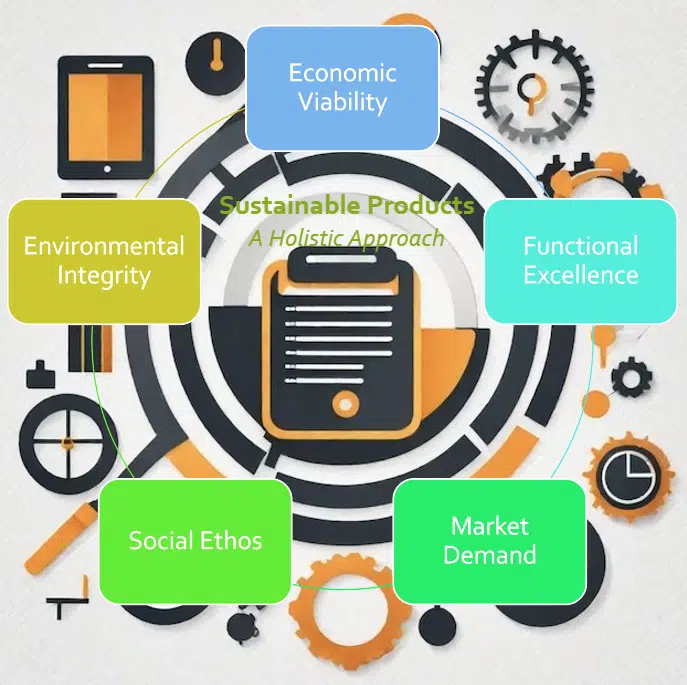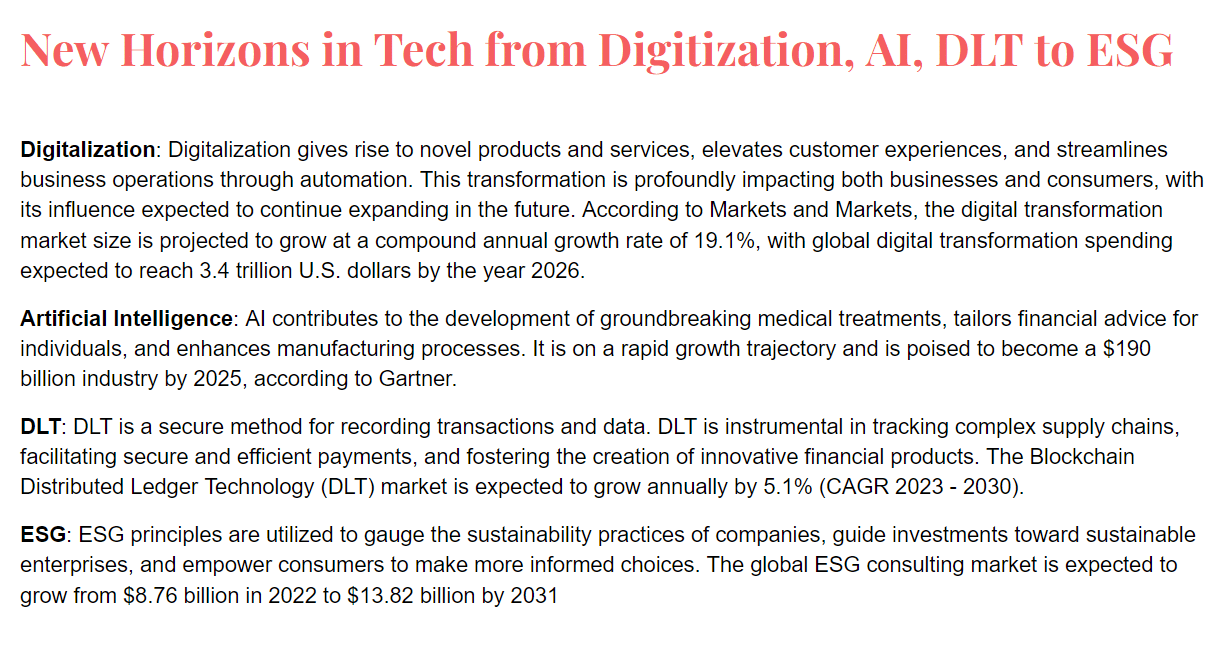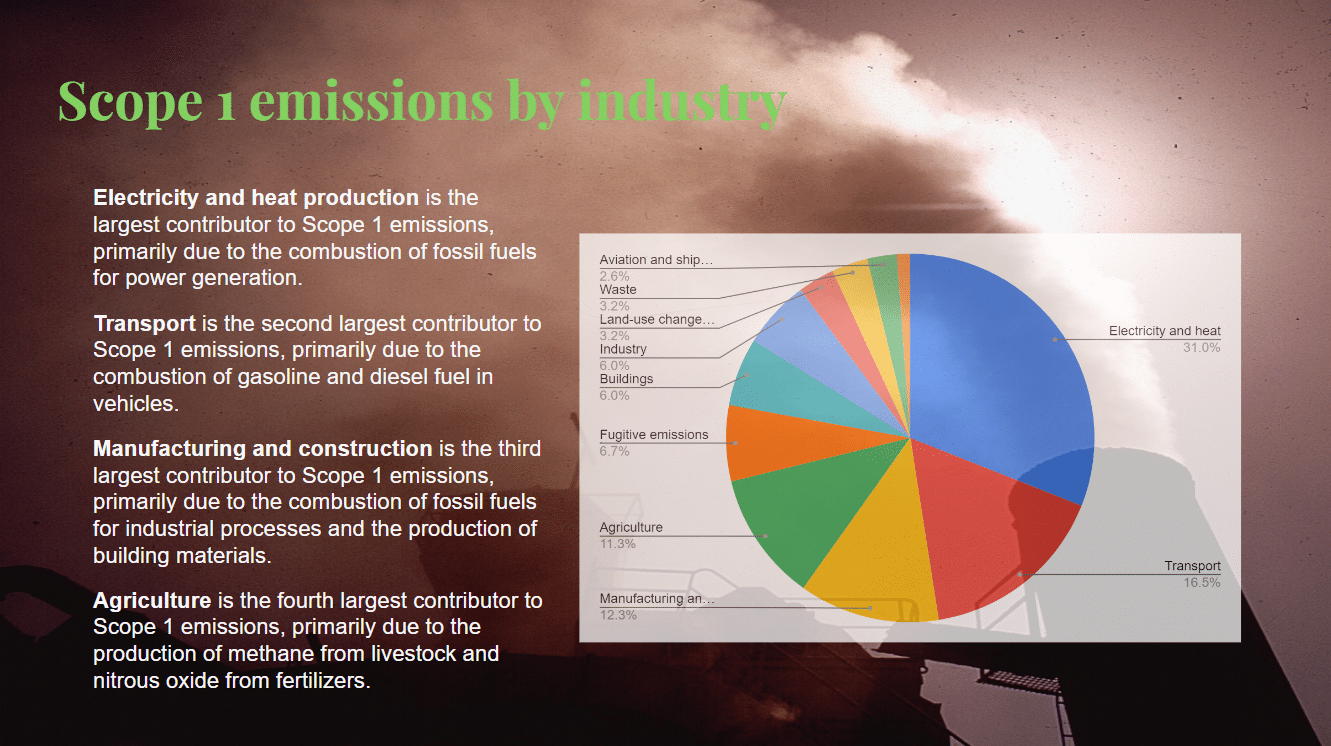Introduction
In a world increasingly conscious of its ecological footprint, ‘sustainability’ has emerged as a critical keyword, shaping consumer choices and business strategies alike. When we consider sustainable products, the discussion often gravitates towards environmental impact. However, true sustainability is an intricate tapestry woven from various threads – environmental, economic, social, functional, and beyond. This blog aims to unpack the comprehensive nature of sustainable products, illuminating not only their environmental attributes but also their economic, social, functional, and broader holistic implications.

Economic Viability: The Bedrock of Sustainable Products
For a product to sustain itself in the market, it must be economically viable. This includes affordability for consumers, profitability for manufacturers, ethical labor practices, fair sourcing, and resilience to economic shifts. Economic sustainability ensures that a product can maintain its presence in the market without compromising on its ethical and ecological standards.
Functional Excellence: The Non-Negotiable of Product Sustainability
A sustainable product’s lifespan is closely tied to its functionality. It must efficiently serve its intended purpose, offering reliability and value to the consumer. Compromising on functionality can diminish consumer trust and question the product’s sustainable label.
Market Demand: Tuning into Consumer Pulse
The success of a sustainable product is inextricably linked to its market demand. No matter the level of its sustainability, if it doesn’t resonate with consumer needs and trends, its survival is at stake. Understanding and adapting to these market dynamics is vital for the longevity of sustainable products.
Social Ethos: The Human Face of Sustainability
Sustainability extends to the social realm, encompassing ethical production practices, labor rights, community impact, and inclusivity. Products made with social sustainability in mind consider the welfare of workers, community development, and the broader societal impact, ensuring a positive footprint beyond the environmental sphere.
Environmental Integrity: More Than Just Being Green
Environmental sustainability, while a critical aspect, is just one part of the puzzle. It includes reducing carbon emissions, minimizing resource depletion, and pollution control. However, these efforts must be part of a larger, more integrated approach to sustainability.
Additional Dimensions of Sustainability
- Lifecycle Analysis: Assessing a product’s impact from creation to disposal, aiming for minimal environmental harm throughout its lifespan.
- Resource Efficiency: Maximizing the use of sustainable, recycled, or renewable resources while minimizing waste.
- Durability and Longevity: Creating products that last longer, thereby reducing the frequency of replacement and waste generation.
- Supply Chain Transparency: Ensuring clarity and responsibility in sourcing and production processes.
- Health and Safety: Prioritizing non-toxic, safe products for both consumers and the environment.
- Regulatory Compliance: Adhering to environmental and social regulations and standards.
- Innovation and Continuous Improvement: Continuously seeking ways to enhance environmental and social performance.
Conclusion
Sustainability in products is a multifaceted concept, requiring a balance between various aspects including economic, social, environmental, and more. It’s about creating products that not only do less harm but also do more good, ensuring a positive impact on the planet and its inhabitants. As consumers and creators, our challenge is to embrace this holistic view of sustainability, recognizing that each element is a critical piece of a larger, more responsible consumption and production puzzle. This comprehensive approach is not just a fleeting trend but a long-term commitment to a sustainable future for all.



